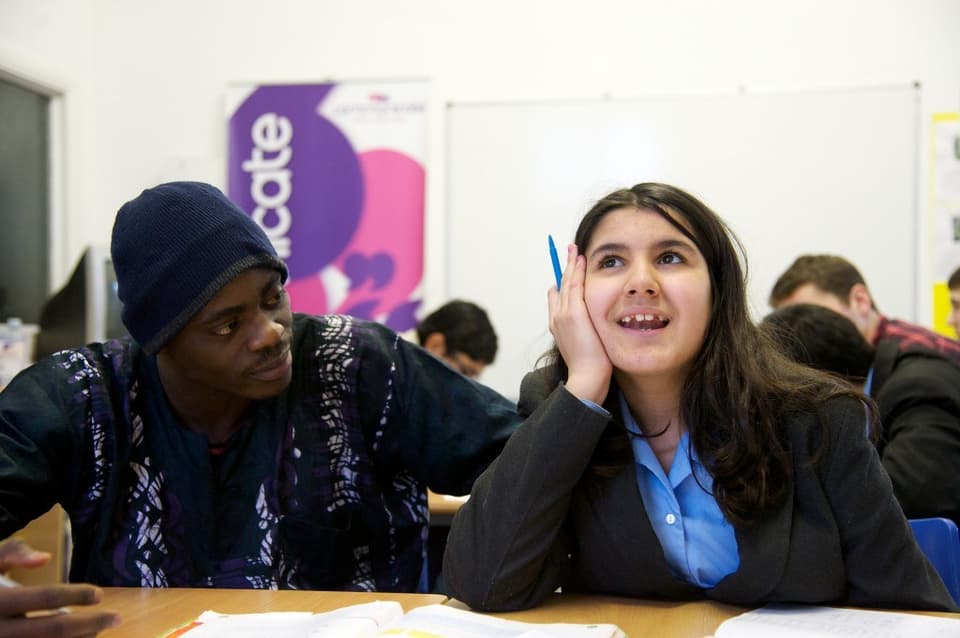
A report released from TeachFirst today urges universities to spend their funds for widening access on teaching primary school children about university or poorer pupils will miss out. Our CEO, Andy, shares his thoughts on their report.
The choices you don’t know you have can hurt you more than the choices you get wrong.
We often talk about young people from disadvantaged backgrounds making bad choices, or the need to encourage them to make aspirational ones. But in many cases the problem is more fundamental, because they don’t know that a choice even exists, or exists for them. That’s particularly true when it comes to university, which isn’t even on the radar for many young people.
IntoUniversity, one of our charity partners, is doing something about it. I visited one of their projects in Hammersmith recently and joined a session on medicine and the body with a group of eight and nine year olds. As you’ll guess from their name, IntoUniversity wants to help more young people from disadvantaged backgrounds to go to university. University is a long way off if you’re eight though, so we didn’t spend the time talking about universities, or how to apply, or what A-levels you might need in ten years’ time.
We spent the time learning about the heart, taking our pulses, jogging on the spot and taking them again. But every group was named after a university and every topic is a university subject. Everything IntoUniversity did with the children, and spoke about with their parents, said ‘university is an option’, so when it comes to making decisions later it’s a choice they know is out there.
As this group of eight and nine year olds get older and have to make specific choices about what careers they want to pursue, and whether university needs to be part of that, the support they need changes but the issue of showing them what options are out there remains. That was hammered home for me when I met a group of year ten and eleven students at Lilian Baylis School in Lambeth who had been working with another one of our partners, The Access Project.
These young people definitely didn’t come from families or areas where it was the norm to go to university. And many of them find it scary to leave their neighbourhoods to visit their Access Project tutors in nearby boroughs. But when I asked them what they wanted to do next, I was told ‘I want to be a cardiologist’ and ‘I’m deciding between fine art at Oxford and 3D printing at UCL’. And the reason they were aiming so high is that The Access Project team had exposed them to the options that are out there – visiting a hospital so they could see all the different jobs there, and Cambridge University so they could understand what a high ranking university looks like.
Which brings me to aspiration. These young people didn’t lack aspiration before they went to IntoUniversity or worked with The Access Project, I don’t think their parents did either. They all wanted to do well and be successful. What they lacked was the knowledge of what options they had to turn that aspiration into something more tangible – the knowledge that university was something that someone like them could do, the knowledge that there was such a thing as ‘fine art at Oxford’, or such a job as cardiologist (which I definitely didn’t know at their age).
All of this is why I’m so pleased that TeachFirst have focused attention on the issue of levelling the playing field for university access in their report today. They show that the gaps in awareness develop early and that we need to intervene earlier to fix them. I’m proud to be working with great organisations who are helping to do that.
